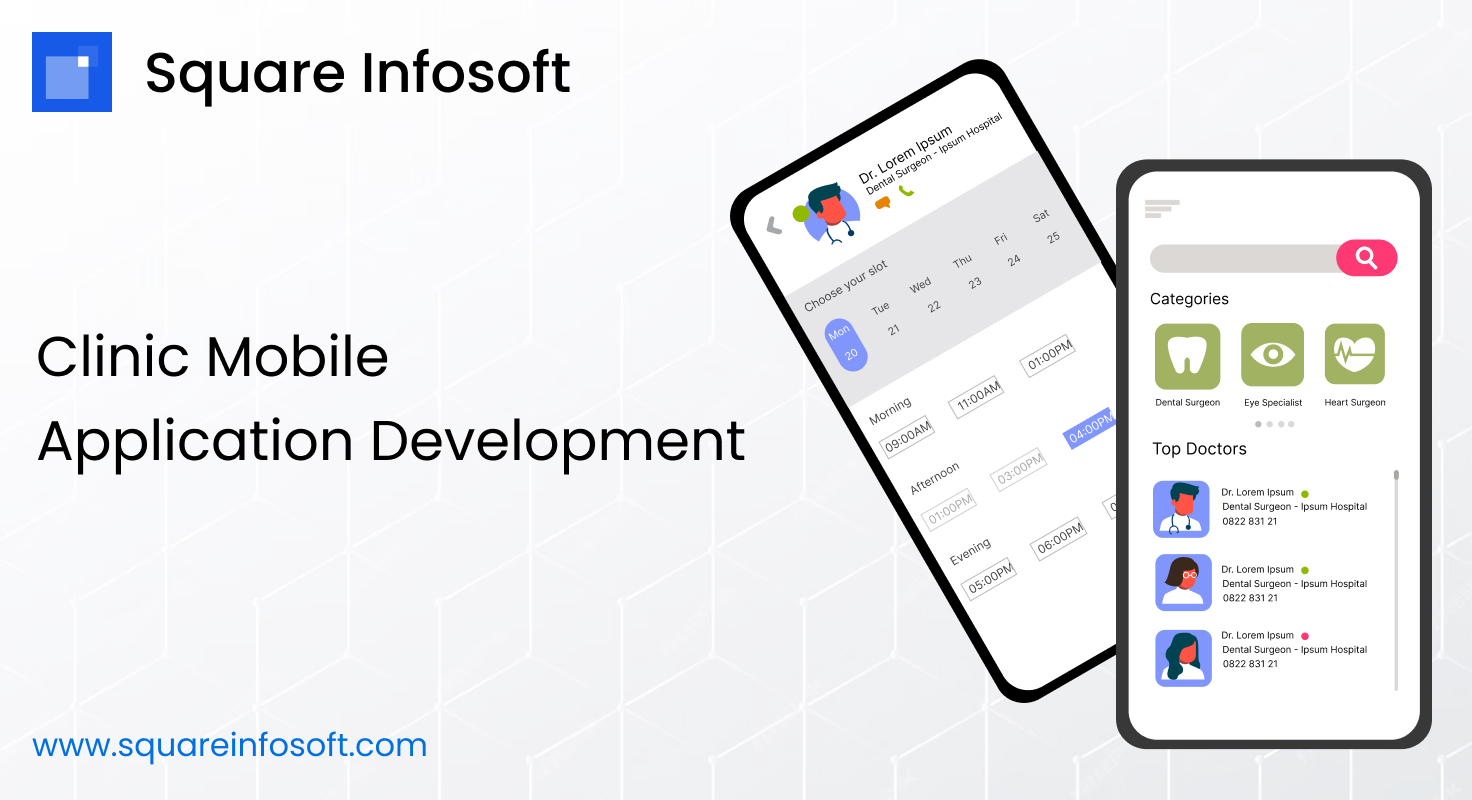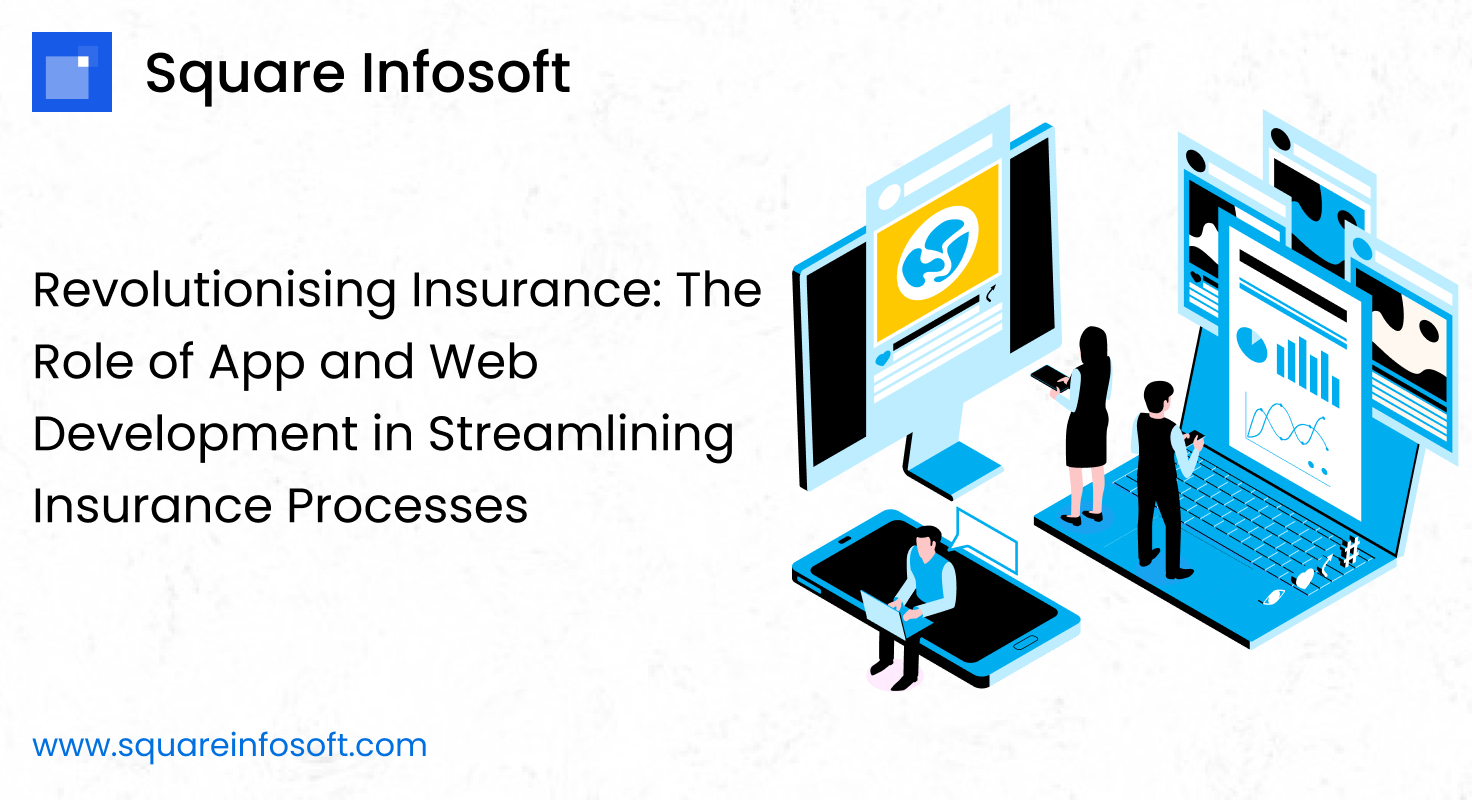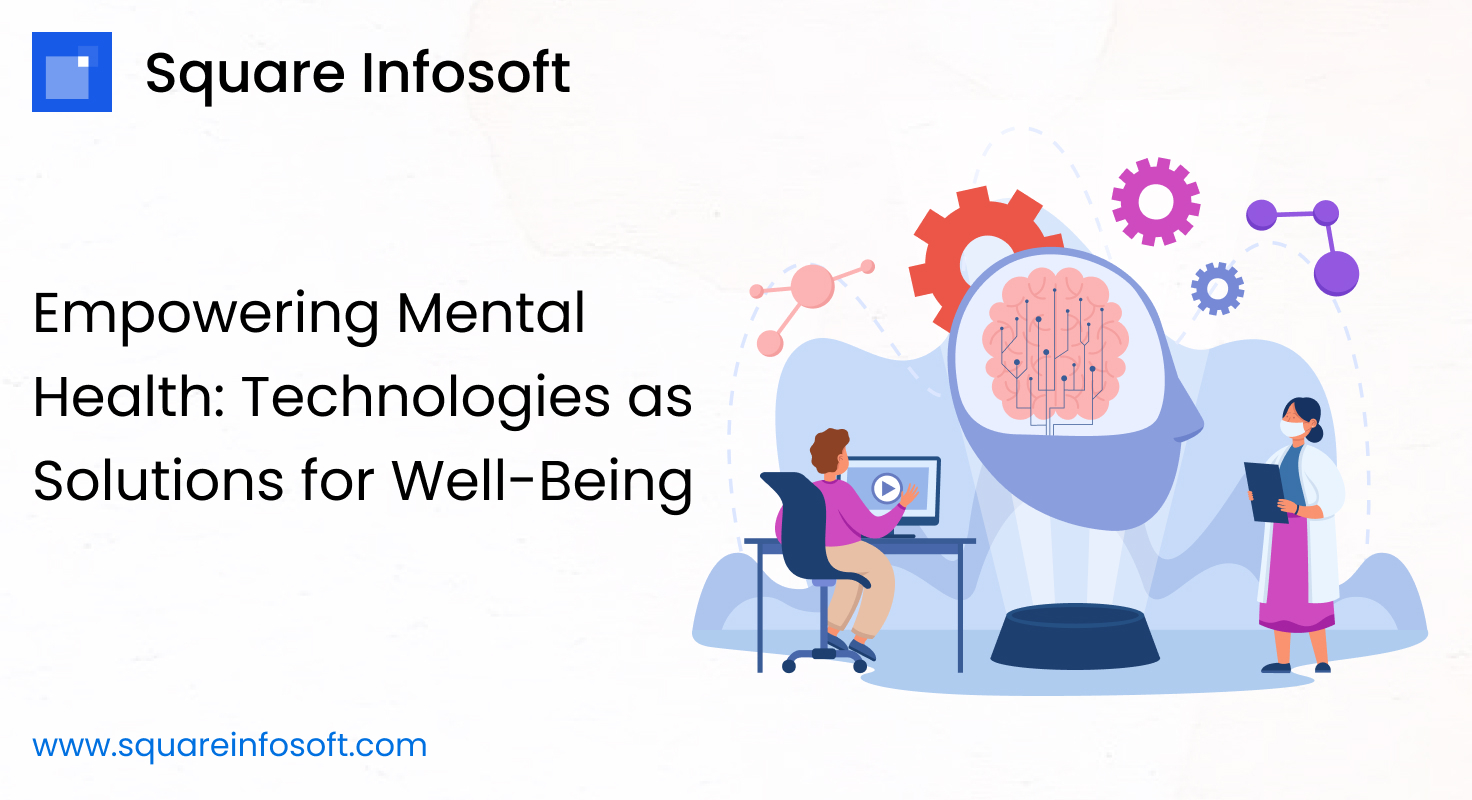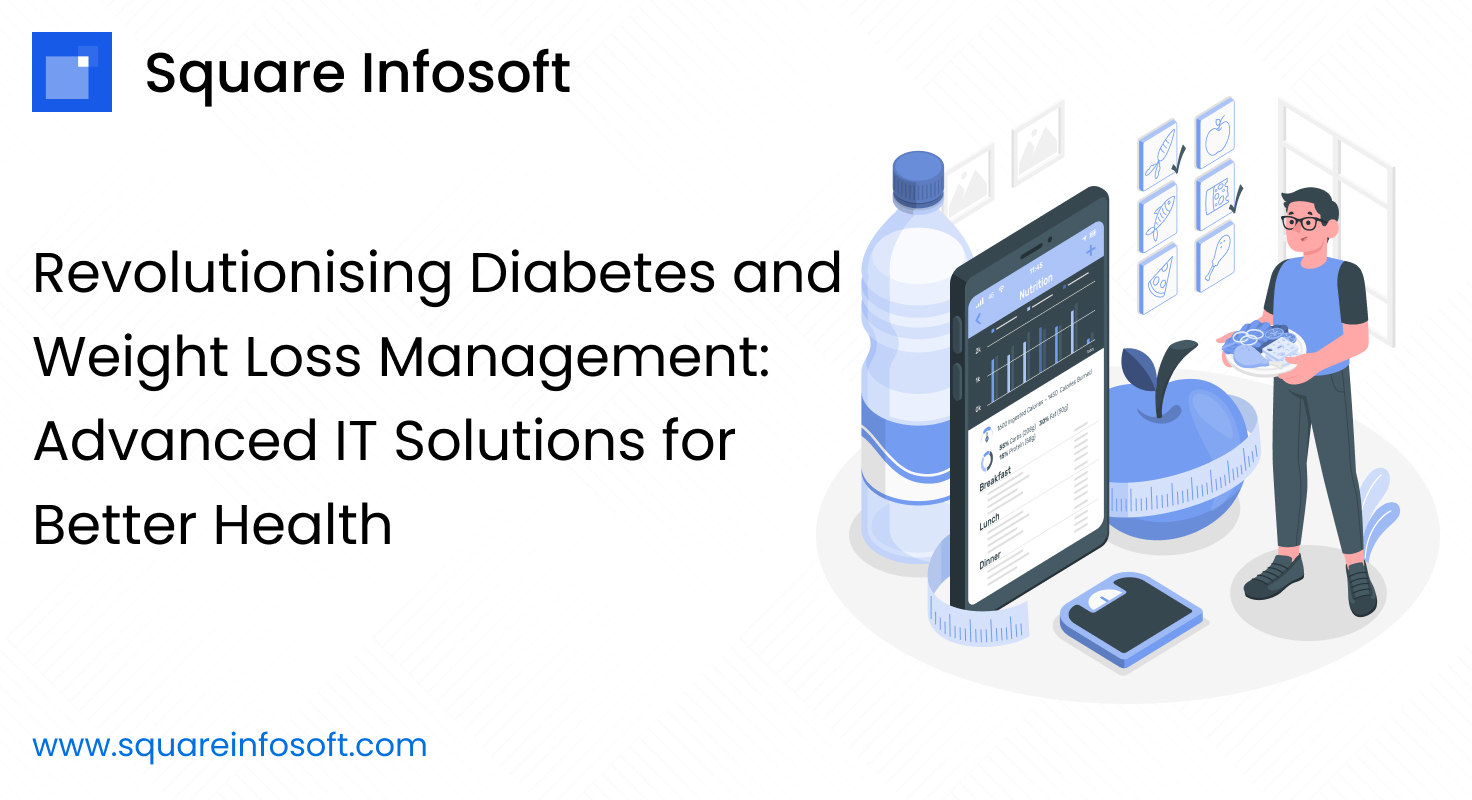Developing a Clinic mobile app can offer healthcare facilities, clinics, and their patients a convenient way to schedule appointments, access medical records, and communicate with medical professionals. Here’s a step-by-step guide to help you get started with the development of a Clinic app:
1. Define Objectives:
- Determine the primary purpose of your app (e.g., appointment scheduling, patient records, telemedicine).
- Identify your target audience (e.g., patients, healthcare providers, clinic administrators).
2. Market Research:
- Research existing clinic and healthcare apps to understand their features, strengths, and weaknesses.
- Identify unique features or improvements that can set your app apart.
3. Planning and Conceptualization:
- Outline the core features and functionalities of your Clinic app.
- Consider features related to user profiles, appointment booking, telehealth services, electronic health records (EHR), and secure communication.
4. Feature Set:
- Develop a comprehensive list of features for your app, including:
- User registration and profiles for patients, doctors, and clinic staff.
- Appointment booking and calendar management.
- Telehealth video consultations with healthcare providers.
- Electronic health records (EHR) for patients and medical professionals.
- Secure messaging and communication for clinic consultations.
- Medication reminders and prescription management.
- Health monitoring and tracking (e.g., vital signs, symptoms).
- Notifications for appointments, test results, and health updates.
- Billing and payment processing for telehealth services.
- Search and filter for finding doctors and specialists.
- Facility and clinic information, including hours and locations.
- User-friendly interface for accessing health information and clinic services.
- Integration with wearable devices and health monitoring tools.
- Data security and compliance with healthcare regulations (e.g., HIPAA).
5. Design and User Experience (UX):
- Design an intuitive and user-friendly UI for your app.
- Ensure the design is responsive and functional on various devices and screen sizes.
- Focus on providing a secure, organized, and professional user experience.
6. Backend Development:
- Build a secure and scalable backend system to store user accounts, EHR, appointment data, and facilitate telehealth services.
- Implement strong data encryption and HIPAA-compliant data protection.
7. Telehealth Integration:
- Collaborate with healthcare providers to enable telehealth services, including video consultations and secure messaging.
8. Testing:
- Conduct thorough testing, including functional testing, usability testing, and security testing.
- Test the app on various devices, operating systems, and screen sizes.
- Address any bugs or issues identified during testing.
9. Deployment: – Deploy the app to app stores (Apple App Store, Google Play Store). – Ensure the app complies with healthcare regulations and data privacy standards.
10. Marketing and Promotion: – Develop a marketing strategy to promote your app to patients, healthcare providers, and medical facilities. – Utilize online advertising, content marketing, and partnerships with healthcare organizations.
11. Monetization: – Decide on a monetization strategy (e.g., consultation fees, subscription model, freemium with premium features). – Offer pricing plans suitable for individual users and healthcare professionals.
12. Legal Considerations: – Ensure compliance with healthcare regulations, data privacy laws, and patient data security. – Address legal requirements related to telehealth services, informed consent, and medical liability.
13. Updates and Maintenance: – Regularly update the app with new features, security enhancements, and bug fixes. – Stay informed about healthcare industry trends and technological advances in clinic management.
Developing a Clinic app requires a strong focus on patient privacy, medical accuracy, and efficient healthcare services. By providing a secure platform for patients to access healthcare services and for medical professionals to offer telehealth consultations, your app can become a valuable tool for the healthcare industry and enhance the patient experience.




